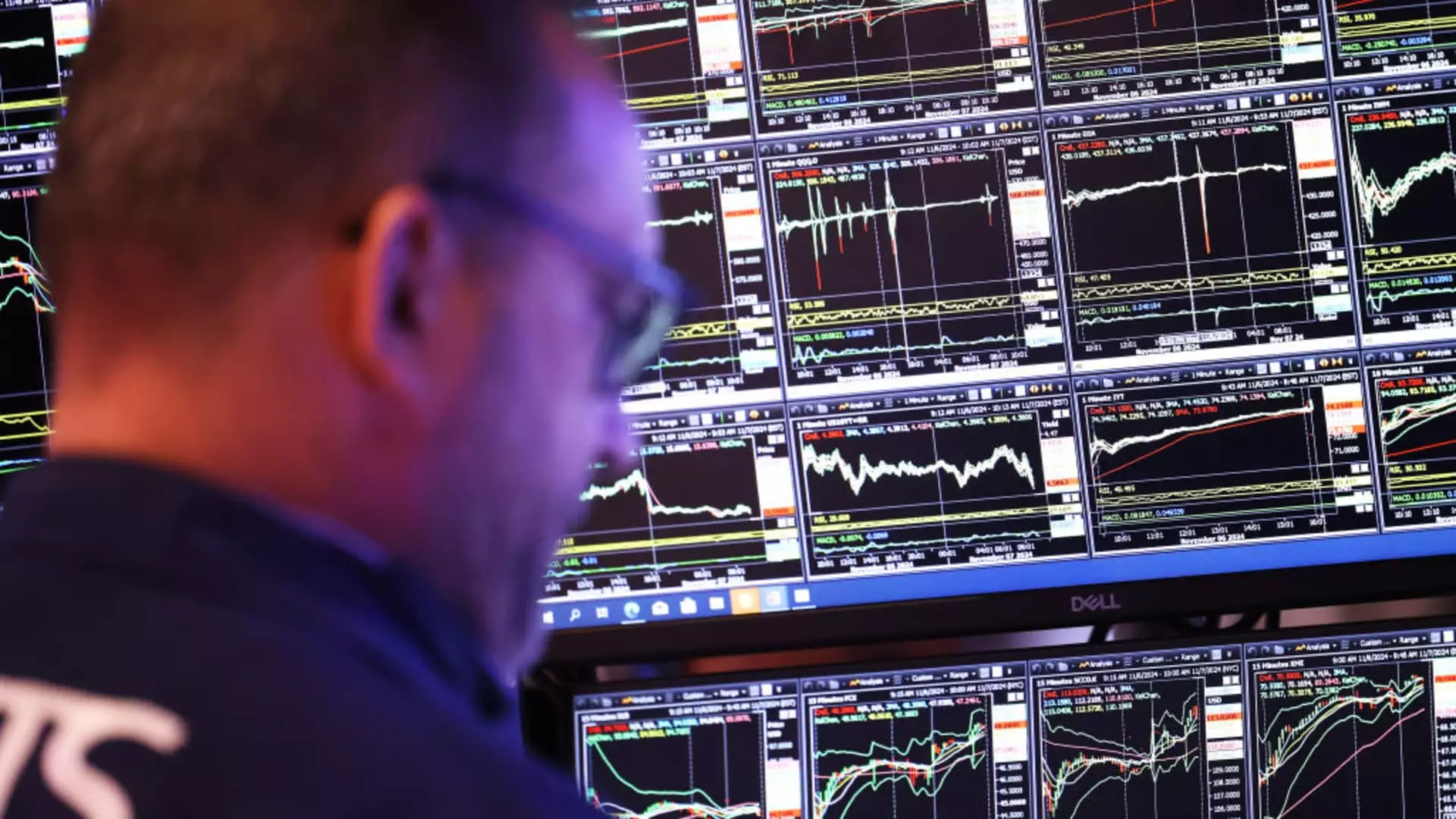On Monday, European financial markets experienced a decline as investors prepared for a pivotal week of central banking activities. The Stoxx 600 index, an important indicator of regional market performance, fell 0.14% shortly after the trading day began in London. This downturn was predominantly influenced by a weak performance in the automotive sector, which led the losses. Investors were particularly cautious due to recent developments that could alter the economic landscape in Europe.
France’s CAC 40 index further highlighted this sense of concern, slipping by 0.58%. A significant factor contributing to this dip was the unexpected decision by Moody’s, a prominent credit rating agency, to downgrade France’s credit rating from Aa2 to Aa3. The agency’s report indicated that ongoing political instability in France could negatively impact public finances in the foreseeable future, raising alarms among investors about the country’s economic stability. The political scene in France appears unsettled, especially following the announcement of François Bayrou as the country’s fourth prime minister in a single year, adding another layer of uncertainty.
In a contrasting development, shares of media conglomerate Vivendi soared by an impressive 33% after three significant media brands within the company made their market debut. This transition was approved by shareholders earlier and aimed to optimize the financial performance and market valuation of each distinct business unit. However, the launch for Canal+, a major player in broadcasting and film, was rocky as its shares plummeted by 13% in early London trading. Canal+ CEO Maxime Saada justified the choice of London for their listing, emphasizing the company’s strategy to penetrate the English-speaking market and leverage key British assets.
The Hachette Group, a notable name in publishing, saw its stock rise by 25% in Paris, while advertising firm Havas gained 6% in Amsterdam. These developments positioned both companies as shining examples amidst a generally muted market reaction, indicating a lingering optimism within specific sectors, especially in media and publishing.
Attention shifted to Berlin, where a highly anticipated vote of confidence in Chancellor Olaf Scholz was scheduled. His call for a parliamentary declaration of no confidence aimed to trigger snap elections in February, a move prompted by the collapse of his governing coalition. This political maneuvering could have significant implications for both domestic and international markets, further complicating the economic landscape in Europe.
Additionally, traders around the globe are closely monitoring the U.S. Federal Reserve’s upcoming monetary policy meeting, scheduled for December 18. The CME Fedwatch tool indicates a strong likelihood—96%—of a 25-basis-point rate cut, which could have reverberations across international markets. The following day, the Bank of England will also be convening, albeit traders anticipate only a marginal chance of a final interest rate cut this year.
As European markets navigate a week filled with potential shifts in economic policy and political uncertainty, investor sentiment remains cautious. The combination of France’s credit downgrade and the instability surrounding Chancellor Scholz has introduced a layer of unpredictability, while specific sectors such as media showcase resilience through strategic financial maneuvers. The unfolding of these events will undoubtedly continue to shape the trajectory of European markets in the days ahead.


Leave a Reply